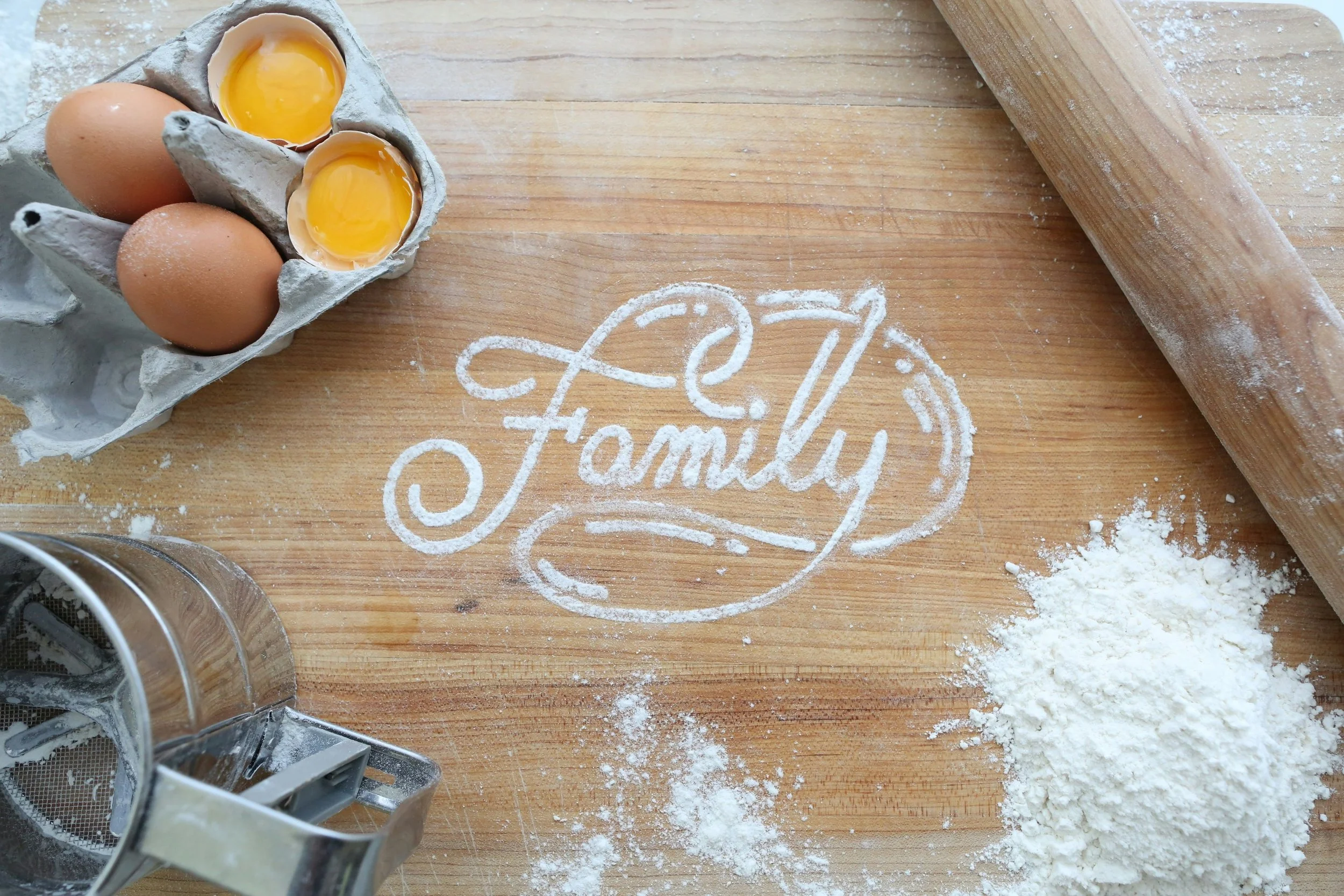Why parents need therapy to help their child who is struggling.
My name is Gillian Reid, and I’m a social worker–psychotherapist on a mission to shift the power of family healing away from professionals and back to the parents, where it belongs. I do this by working exclusively with parents to unearth the hidden dynamics affecting their children’s mental and emotional health, so we can restore health, build trust, security, and connection.
I help parents understand that even though their child is a unique individual with their own genetics and temperament, every child comes into the world as a blank slate. Their mental and emotional health is shaped by their relationship with the environment and their caregivers.
Giving parents tools and strategies to parent more effectively is a great start, yet too often this approach falls flat. It works for some parents and children, but not for others. Frustrated parents then turn to google, searching for a different answer that will fix the problem. They share with others on social media that the tools and strategies don’t work for their child. And their child feels (and internalizes) their frustration.
There is a clear reason why these tools and strategies don’t get things over the finish line.
Only part of the equation — -the smaller part — was considered and addressed. The bigger, more essential part is the exploration of the environment in which the child lives. This is where we explore and unpack the chemistry between the child and their environment.
When you’re baking a cake, it wouldn’t make sense to wonder why your cake didn’t rise if you didn’t consider all the ingredients and how they interact. Sending a child to therapy without the parents going first is like trying to figure out why the cake didn’t rise by only looking at the eggs. Then, we tell the eggs they’re responsible for the cake not rising and ask them to do something differently. It just doesn’t make sense.
Photo by Callum Hill on Unsplash
When we focus solely on the child and not the entire recipe, we send the message that there’s something inherently wrong with them, which is entirely false. There is never a way a child should be. They come into the world whole and are shaped by the input we provide through OUR words and behaviour.
When we tell a child how to respond to stress or behave better without knowing how to help them do it, and without role-modeling the skill ourselves, we set them up not just for failure but for the belief that something is wrong with them. They may carry that shame into adulthood, which is not a recipe for mental and emotional health, but the opposite.
It’s time for us to help children differently by taking into account the full recipe — all the ingredients and how they work together to achieve the outcome we hope for. Since parents have fully developed brains, are in the position to make changes for the entire system and hold all the information, we start with them first.
When we start with parents, we lift up the entire family system.
We stop the cycle of professionals sending families on a wild goose chase for the right approach or diagnosis, and instead, we roll up our sleeves and go back into the environment, where both the problem and the solution are found. We adjust the recipe until the ingredients work better together, so our cake rises to its fullest potential.
Find Gillian at spilledmilk.ca | @gillianreidmsw
[P.S. There are times when children can benefit from therapy alone such as in cases of trauma, or when parents are unable to support the process for various reasons. There are also times when diagnoses are needed and helpful, but always in addition to doing the parent work]

